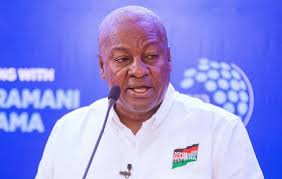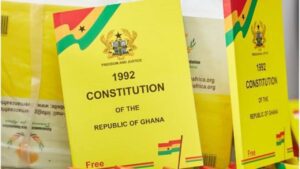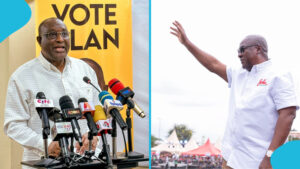John Dramani Mahama, the National Democratic Congress (NDC) Presidential Candidate, has indicated that his decision to sign the anti-LGBTQI bill, also referred to as the “Family Values Bill,” would depend on its specific contents if he is elected president.
In an interview with BBC Africa on December 4, Mahama clarified his position on the bill, which was unanimously passed by Parliament. He emphasized the importance of reviewing its provisions before making a final decision.
“It is not an anti-LGBTQI Bill; it is a Family Values Bill. [LGBTQI] is against our African culture and religious faith,” Mahama stated. He added that a president has the responsibility to review such legislation, either by pointing out areas of concern and returning it to Parliament or seeking advice from the Council of State.
When asked if he would have taken such steps if he were president at the time of the bill’s passage, Mahama affirmed, “That is what I would have done.” However, he maintained that his decision to sign the bill into law would ultimately “depend on what is in the Bill.”
Legal Challenges to the Bill
The bill, formally known as the Human Sexual Rights and Family Values Bill, is currently facing two lawsuits at the Supreme Court.
- Richard Dela Sky’s Challenge
Legal practitioner Richard Dela Sky argues that the bill violates multiple provisions of Ghana’s 1992 Constitution, including freedoms related to expression, equality, and personal privacy. Sky also contends that Parliament’s Speaker breached Article 108(a)(ii) by passing a bill that imposes financial obligations on the Consolidated Fund. - Dr. Amanda Odoi’s Objection
Dr. Amanda Odoi has filed a separate case, seeking to prevent the Speaker, Attorney-General, and Clerk of Parliament from forwarding the bill to President Akufo-Addo for assent. She raises concerns over specific provisions that may conflict with constitutional protections.
Both lawsuits aim to halt the bill’s implementation, citing potential legal and constitutional overreach.
This development continues to be a contentious issue in Ghana’s sociopolitical landscape, with strong opinions on both sides of the debate.




